Your Guide to Gluten-Free Vodka
Vodka gluten free is a topic that confuses many, especially those with celiac disease or gluten sensitivity. The good news is simple: pure, distilled vodka is gluten-free, even when made from wheat, barley, or rye.
Quick Answer for Vodka Gluten Free:
- Pure distilled vodka = Gluten-free (distillation removes gluten proteins)
- Safe for celiac disease according to FDA and Celiac Disease Foundation
- Grain source doesn't matter - wheat vodka is still gluten-free after distillation
- Watch out for flavored vodkas - may contain gluten additives
- Naturally gluten-free options include potato, corn, and grape-based vodkas
This might surprise you if you assumed wheat-based vodka contains gluten. The science is clear: distillation breaks down and removes gluten proteins from the final product. However, there are still important details to know about labels, flavored varieties, and choosing the right vodka.
As Sylwester Skóra, founder of Two Flags Vodka, I've dedicated my career to Polish vodka-making traditions, perfecting vodka gluten free production methods. My experience has taught me that understanding distillation is key to making informed choices about gluten-free vodka.
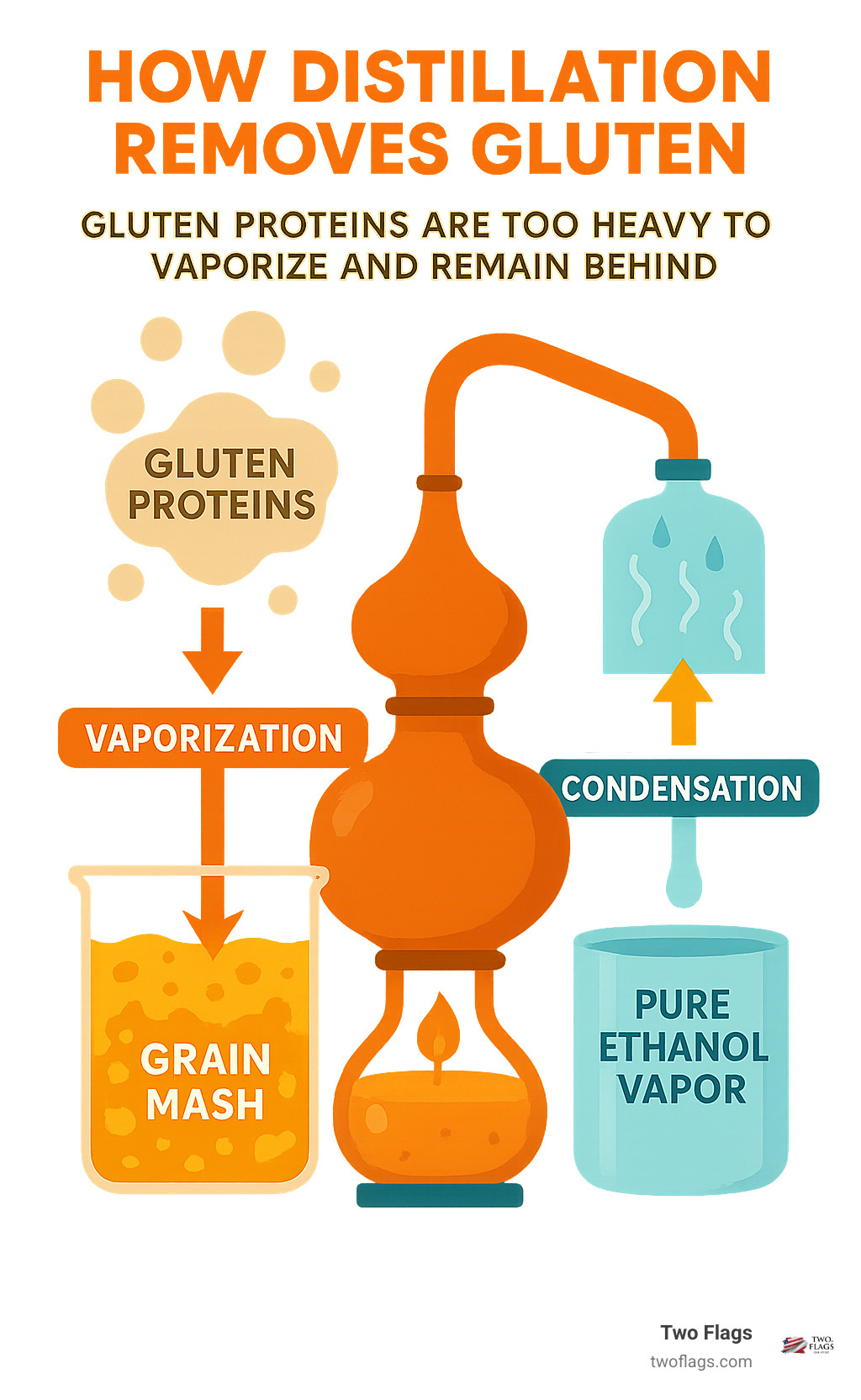
Vodka gluten free terms to remember:
Understanding why vodka is gluten free is crucial, especially since many are made from grains like wheat, barley, or rye. For those with celiac disease or gluten sensitivity, this distinction is paramount. We're here to clarify the science, regulations, and best practices for enjoying vodka gluten free with peace of mind. This guide will help you feel confident in your choices, whether you're shopping in Schaumburg or stocking your home bar.
The Science of Distillation: How Gluten is Removed
How can a spirit made from wheat or rye be vodka gluten free? The secret is distillation, a scientific process that transforms simple ingredients into pure, smooth vodka. At Two Flags Vodka, we've honed this art, passed down through Polish tradition. Understanding how distillation works is key to understanding why the final product is gluten-free.
Distillation is a purification method that works much like boiling water: steam rises, leaving impurities behind. It separates alcohol from other components based on their different boiling points, ensuring an incredibly pure spirit.
The journey begins with fermentation. Yeast consumes sugars from base ingredients like wheat, potatoes, or our organic spelt, creating ethanol (alcohol). This resulting liquid, or "mash," contains alcohol, water, flavor compounds, and, if made from grains, gluten proteins. This step is the foundation of the vodka.
Next, the fermented liquid is heated in a still. Alcohol boils at a lower temperature (173°F / 78°C) than water and, crucially, much lower than heavy gluten proteins. As the liquid heats, the alcohol turns into vapor and rises, leaving the non-volatile gluten proteins behind. This pure alcohol vapor is then cooled and condensed back into a highly purified liquid spirit.
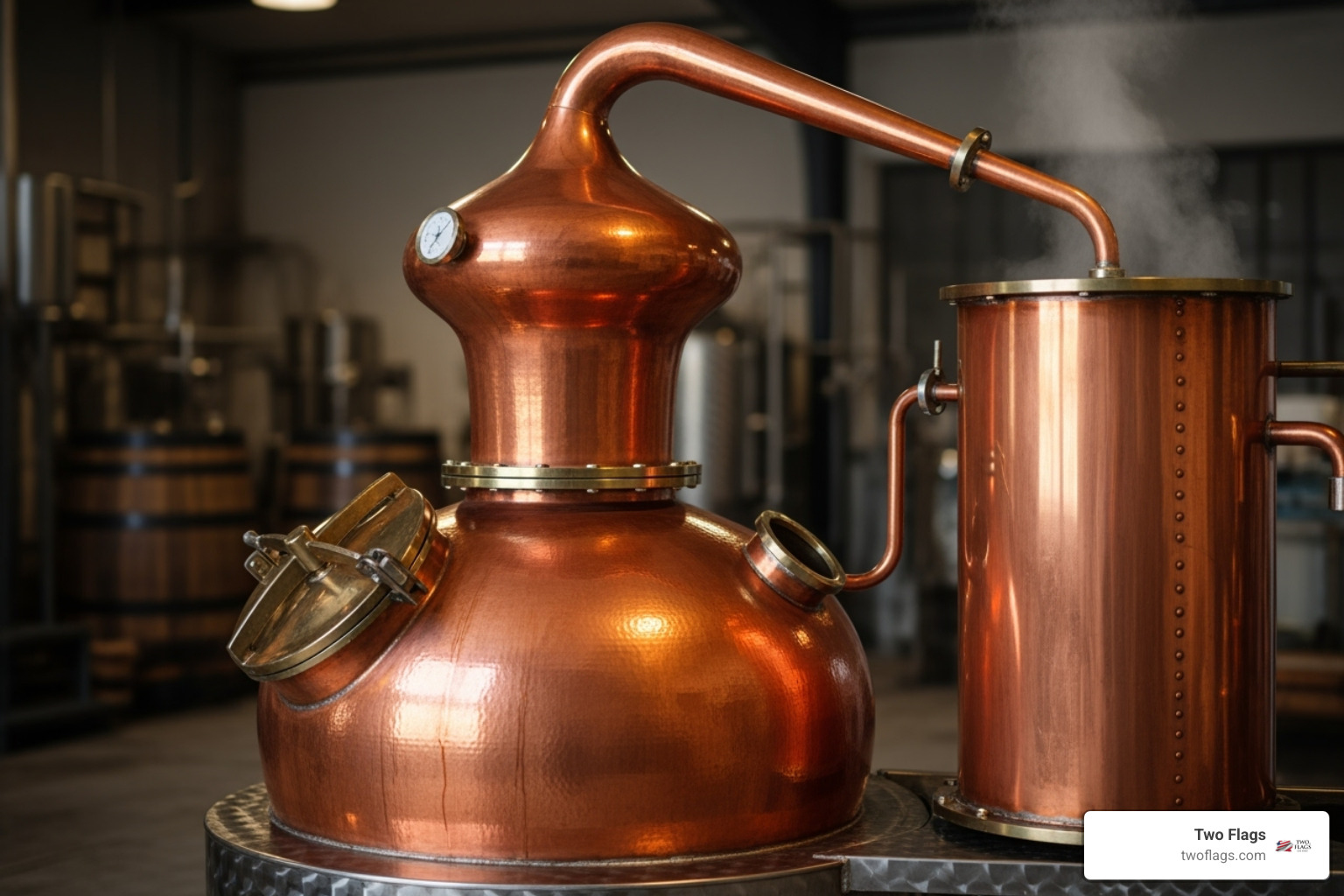
This separation is thorough because gluten proteins are too large and heavy to vaporize with the alcohol. The result is pure ethanol and water, free of protein traces. This is why all pure, distilled spirits are considered vodka gluten free—a solid scientific fact.
From Grain to Glass
Let's trace the journey to see how this purification ensures a vodka gluten free product. First, a "mash" is made by grinding a raw material like wheat or potatoes, mixing it with water, and heating it to turn starches into fermentable sugars.
Once sugars are ready, yeast is introduced to create alcohol. If we used wheat or rye, gluten proteins are present in this fermented liquid. As we move to distillation, the liquid is heated. Because alcohol is lighter and has a lower boiling point, it vaporizes and rises, leaving behind non-volatile parts, including the large gluten molecules. This pure alcohol vapor is then condensed back into a liquid. Many vodkas, including our own Two Flags Vodka, go through this process multiple times – ours is five times! This ensures maximum purity, incredible smoothness, and a genuinely vodka gluten free profile. This careful purification means any gluten in the initial mash is completely removed. This inherent quality makes pure vodka a safe choice, unlike some gluten-removed beers that must meet a strict <20 parts per million (ppm) gluten standard. For distilled spirits, the process is so effective that no detectable gluten residues are left.
Why Distillation Makes Vodka Safe
The main reason distillation makes vodka gluten free is the difference between gluten proteins and alcohol. Gluten proteins are large, complex molecules. Ethanol (alcohol) is much smaller, lighter, and vaporizes at a much lower temperature. This huge difference in boiling points is the key. The alcohol boils away as a pure vapor, leaving the gluten behind. It’s a complete physical separation.
Both the U.S. Alcohol and Tobacco Tax and Trade Bureau (TTB) and the Food and Drug Administration (FDA) agree: pure, distilled spirits should not contain any detectable gluten residues. This scientific agreement is important for people with celiac disease, for whom even tiny amounts of gluten can cause serious health problems. This scientific backing is incredibly reassuring, as the process ensures the final product is safe.
For more detailed scientific information about celiac disease, we highly recommend visiting Beyond Celiac. Their resources can offer deeper insights into the condition and dietary management.
So, even if a vodka starts its life from wheat, barley, or rye, the final distilled product is considered vodka gluten free. This is powerful information for anyone on a gluten-free diet. It means you don't have to stick to vodkas made only from potatoes or corn if you trust the distillation process. This scientific understanding helps you make smart and confident choices.
Vodka Ingredients: Does the Source Material Matter?
While distillation makes a vodka gluten free, the original ingredients add their own special touch. They shape the vodka's character, flavor, and mouthfeel. This is where personal taste comes in, and why we at Two Flags carefully choose our organic spelt to create a special, luxurious spirit.
Vodka can be made from many sources, including grains like wheat, barley, and rye, or naturally gluten free bases like potatoes, corn, grapes, or sugarcane. Each base imparts subtle differences to the final product, even after multiple distillations. Potato vodkas can be creamy and earthy, wheat vodkas crisp and clean, and corn vodkas slightly sweeter and smoother. These nuances create a diverse and interesting world of vodka gluten free choices.
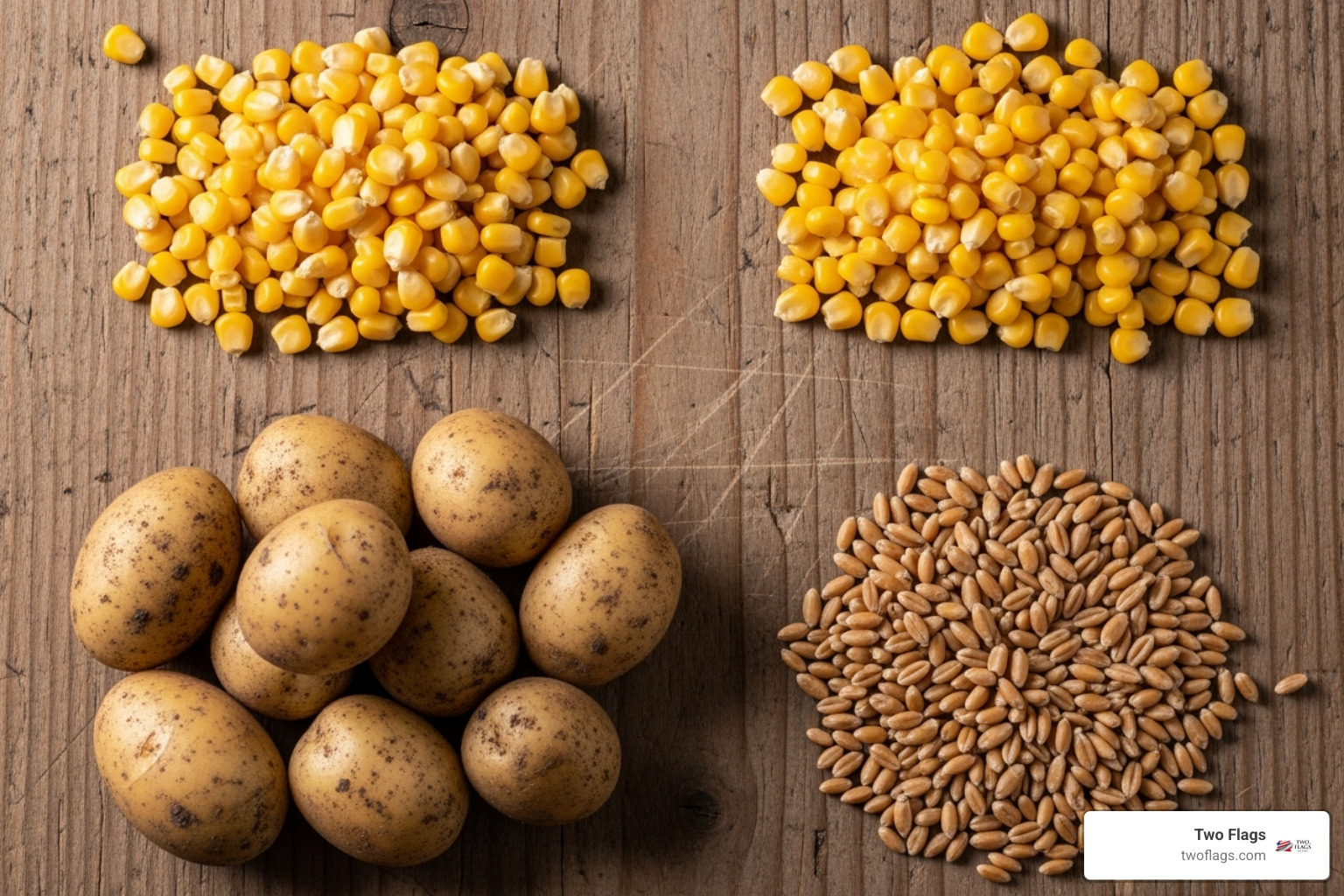
So, while the original ingredient doesn't change whether the final distilled vodka has gluten, it definitely changes the experience of drinking it. When we make Two Flags Vodka, our focus is on the purity and quality of our organic spelt. This ensures a fantastic taste that really stands out, all while keeping its natural vodka gluten free nature. Our dedication to top-quality ingredients is part of why our vodka was called "Exceptional" by the Beverage Testing Institute.
Vodkas from Gluten-Containing Grains
It’s a common misconception that vodka from wheat, barley, or rye must contain gluten. As explained, this isn't true for pure, distilled spirits. The distillation process physically separates and removes the large gluten proteins. The FDA is clear: pure, distilled vodka is considered gluten free, even if it started from gluten-containing grains.
However, labeling rules from the U.S. Alcohol and Tobacco Tax and Trade Bureau (TTB) can be confusing. Vodkas made from gluten-containing grains must state that the gluten was removed by distillation if they want to use a "gluten-free" claim. This is to clarify that the original ingredients contained gluten. Despite this labeling complexity, the science is clear: the final product is safe.
Some individuals report sensitivity to grain-based vodkas, even though they are scientifically gluten-free. We respect these personal experiences. For these individuals, choosing vodkas made from naturally gluten free ingredients can offer greater peace of mind.
Choosing a Naturally Vodka Gluten Free Option
For those who want to be extra careful or who prefer their unique flavors, choosing vodkas from naturally gluten free ingredients is a great option. These spirits start with materials that never had gluten, removing any concern.
Common naturally gluten free ingredients for vodka include:
- Potatoes: Often yield a creamy, full-bodied vodka with an earthy or sweet finish.
- Corn: Tend to be slightly sweeter and smoother, with a very clean taste.
- Grapes: Can create a crisp vodka with subtle fruit flavors and a smooth finish.
- Sugarcane: Can produce a clean, slightly sweet vodka.
And then there's our Two Flags Vodka, crafted from 100% organic spelt grain. While spelt is a type of wheat, our careful five-time distillation process ensures our vodka is ultra-premium and absolutely gluten free. This gives you a superior taste experience while adhering to vodka gluten free standards, offering peace of mind to our customers from Crystal Lake to Glenview. Choosing a vodka made from these sources can add comfort for those who are very sensitive. When you choose Two Flags Vodka, you’re picking a spirit that is both authentically made in Poland and inherently vodka gluten free.
Navigating Labels and Potential Risks for Vodka Gluten Free
Understanding the "gluten-free" label on spirits can be tricky. While distillation makes pure vodka inherently gluten free, potential risks can arise from cross-contact or, more commonly, from additives in flavored vodkas. This requires consumers to be savvy.
The FDA and TTB (Alcohol and Tobacco Tax and Trade Bureau) have specific labeling rules. As mentioned, a spirit from gluten-containing grains must clarify that gluten was removed via distillation to be labeled "gluten-free." A spirit from naturally gluten free ingredients (like corn or potatoes) can simply be labeled "gluten-free." This difference can be confusing, which is why understanding the science is so important.
Cross-contact, where a gluten-free product touches gluten, is a theoretical concern for spirits. While less common than in food production, it could happen if equipment isn't properly cleaned. However, in a reputable distillery like ours in Poland, strict protocols and dedicated equipment virtually eliminate this risk, ensuring our vodka gluten free claims are solid.

Understanding "Gluten-Free" on the Label
When you see "Gluten-Free" on a vodka bottle, it typically means one of two things:
- It's made from naturally gluten-free ingredients: This includes vodkas from potatoes, corn, grapes, or sugarcane. Brands using these bases often display their gluten free status proudly, sometimes with certifications from groups like the Gluten Intolerance Group (GIG) for extra assurance.
- It's made from gluten-containing grains, but gluten was removed via distillation: Here, TTB labeling rules apply. The label might say "distilled from wheat, gluten removed" or similar phrasing. This confirms that while the source ingredient had gluten, the final product is vodka gluten free due to distillation.
If a pure, unflavored vodka lacks a "gluten-free" label, it doesn't automatically mean it contains gluten. Some brands may not pursue certification or use the specific TTB language, even if their product is inherently vodka gluten free. When in doubt, check the manufacturer's website. We are transparent about the gluten free nature of our Two Flags Vodka, crafted from organic spelt, ensuring every sip is worry-free.
Are Flavored Vodkas Also Vodka Gluten Free?
This is where things get more intricate, and where those with celiac disease or high sensitivity must be extra careful. While pure, unflavored vodka is consistently gluten free, flavored vodkas introduce new variables that can reintroduce gluten.
The main risk is post-distillation additives. After the pure, gluten free alcohol is distilled, flavorings, sweeteners, and other ingredients are added. These are the most common sources of hidden gluten. Some flavorings might be derived from gluten, or gluten-containing thickeners could be used.
When considering flavored vodkas, be diligent:
- Read the label carefully: Look for explicit gluten free statements. If a flavored vodka isn't clearly labeled, it's best to be cautious.
- Check the manufacturer's website: Reputable brands provide detailed allergen information. An explicit gluten free statement is reassuring.
- Opt for brands known for purity: A brand committed to natural flavorings and allergen-free products is a safer bet. Our Two Flags Vodka focuses on the pure spirit, ensuring its gluten free integrity.
- Consider making your own: For ultimate control, infuse pure, gluten free vodka with fresh fruits, herbs, or spices at home. You'll know exactly what's in your drink.
For more on navigating gluten-free drink options, explore our article: Beyond Beer: Finding Your Gluten-Free Drink Options.
While distillation is a shield against gluten in pure vodka, flavorings can add complexity. Be a smart consumer, ask questions, and choose transparent brands.
A Clear Conclusion on Gluten-Free Vodka
We hope this guide has clarified the details of vodka gluten free. The most important takeaway is that pure, distilled vodka is gluten-free, regardless of its source material—be it wheat, rye, corn, or potatoes. The distillation process scientifically removes gluten proteins, making the final product safe for those with celiac disease or gluten sensitivity, a fact supported by the FDA and TTB. Our Two Flags Vodka, crafted from organic spelt and distilled five times, is a perfect example of a spirit that is truly gluten free with an exceptional character.
While the base ingredient doesn't affect the gluten-free status of pure vodka, it does impact the flavor and mouthfeel. Choosing a vodka from a naturally gluten-free source like potatoes or corn is a valid preference for peace of mind or taste. Our use of organic spelt provides a unique combination of purity, luxury, and an inherent vodka gluten free status.
The area requiring the most caution is with flavored vodkas. Additives and flavorings introduced after distillation can contain hidden gluten. Always read labels, check brand websites, and when in doubt, stick to pure, unflavored vodka.
For those with celiac disease or gluten sensitivity, our advice is simple:
- Trust the distillation process for pure, unflavored vodkas.
- Choose transparent brands that are open about their ingredients and process.
- Be extra cautious with flavored vodkas. Only select those explicitly labeled "gluten-free."
- Listen to your body. If you feel unwell after drinking any vodka, consult a doctor.
At Two Flags Vodka, we are passionate about crafting an ultra-premium, safe vodka gluten free option. Our family-owned Polish-American brand, recognized as "Exceptional" by the Beverage Testing Institute, is available across Chicagoland in places like Kildeer, Lake Zurich, and Schaumburg. We are proud to offer a spirit you can enjoy responsibly, knowing it’s authentically crafted and purely gluten free.
Enjoy your vodka gluten free drinks, and always remember to drink responsibly. For more tips, explore our resources: Find more about gluten-free living.


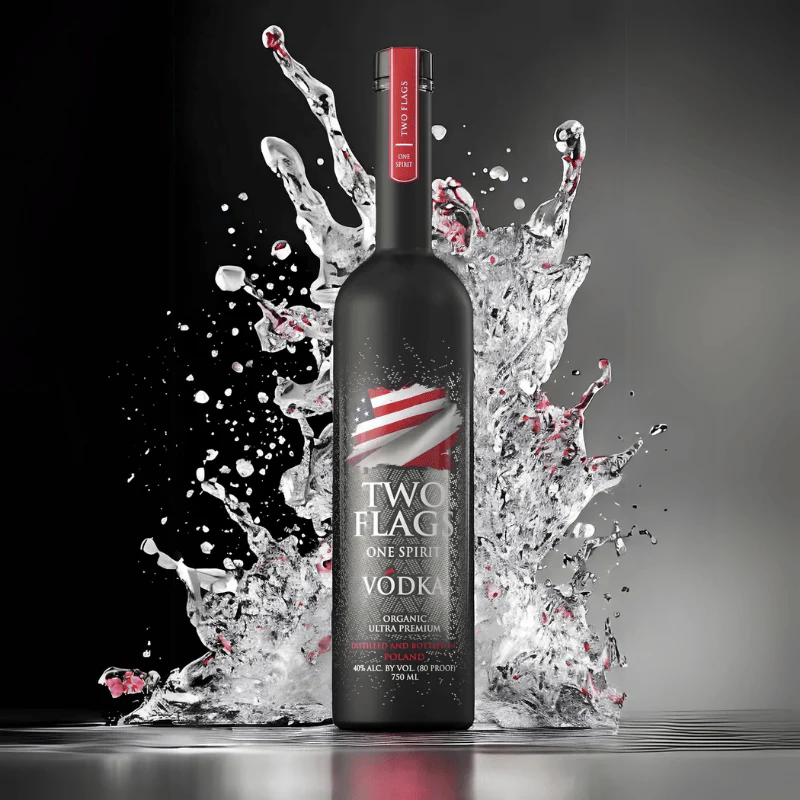

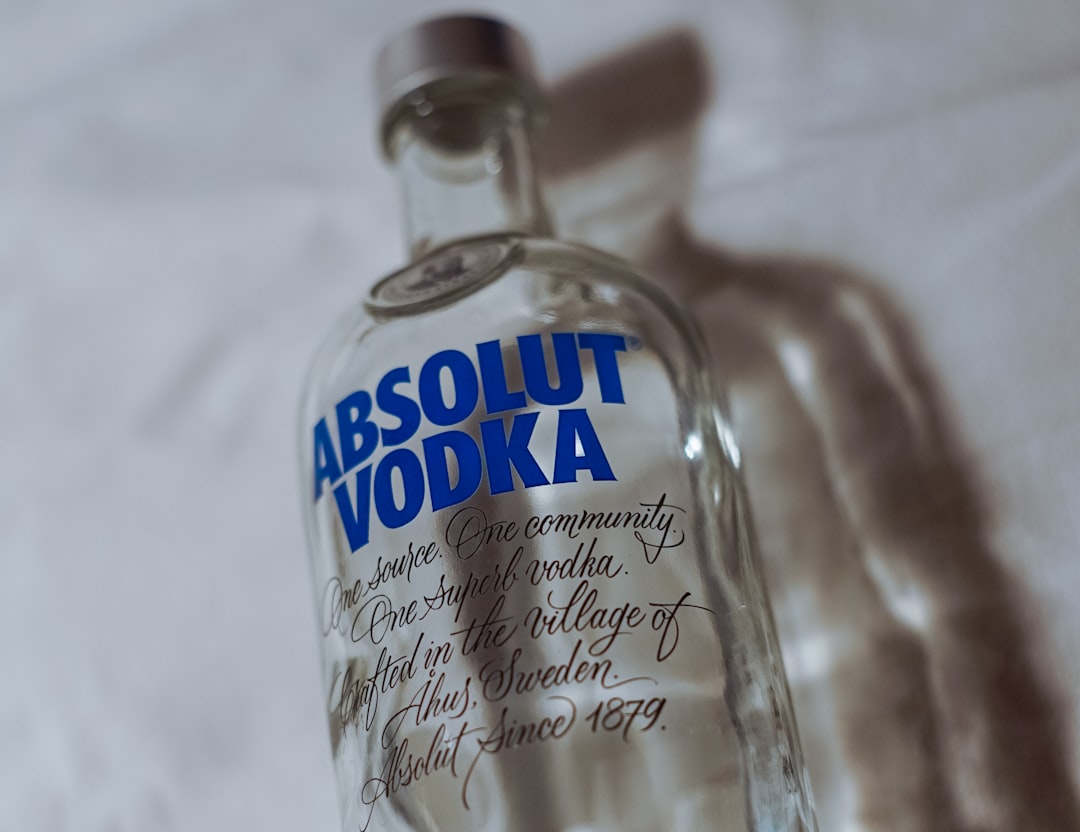
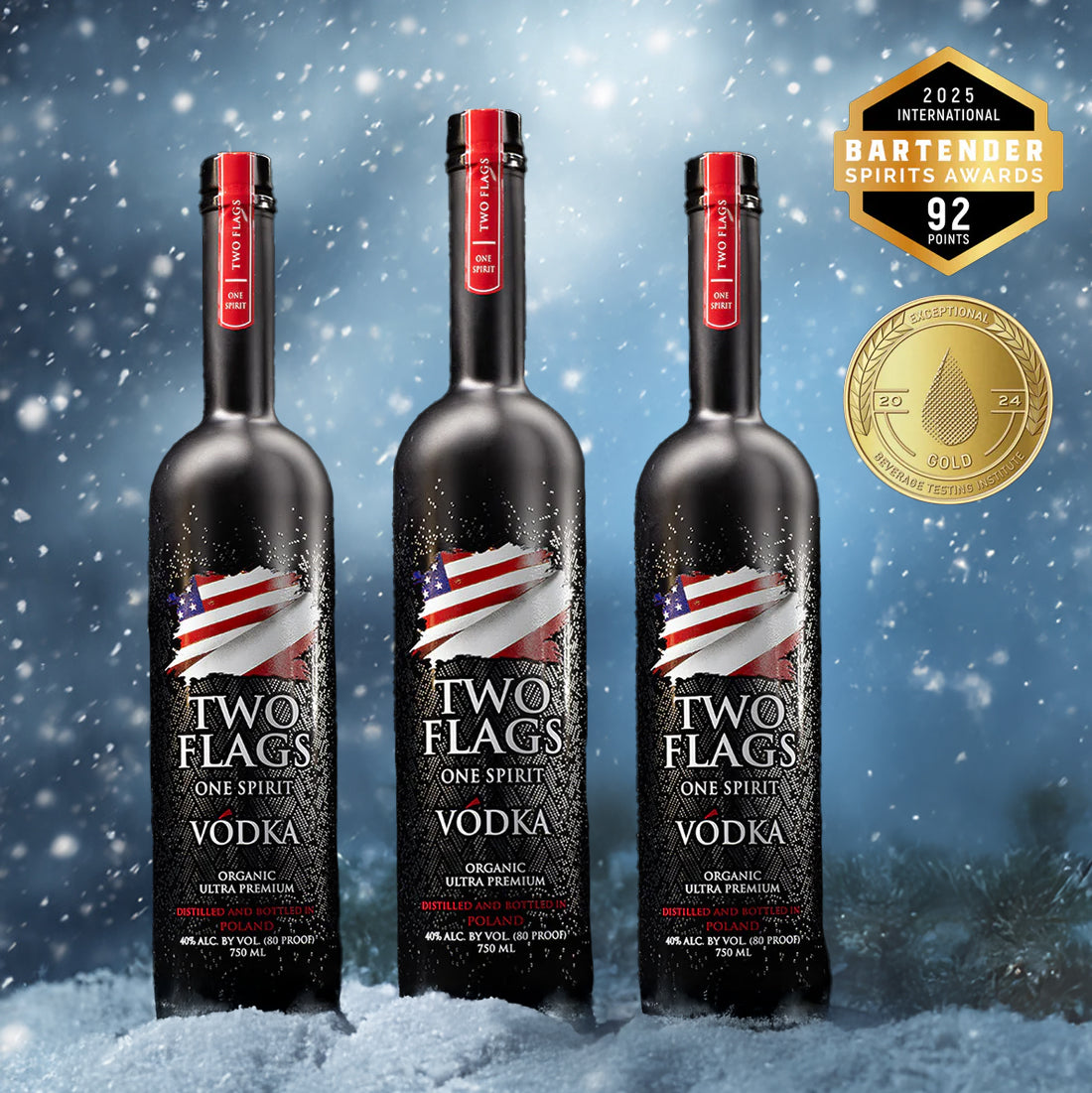
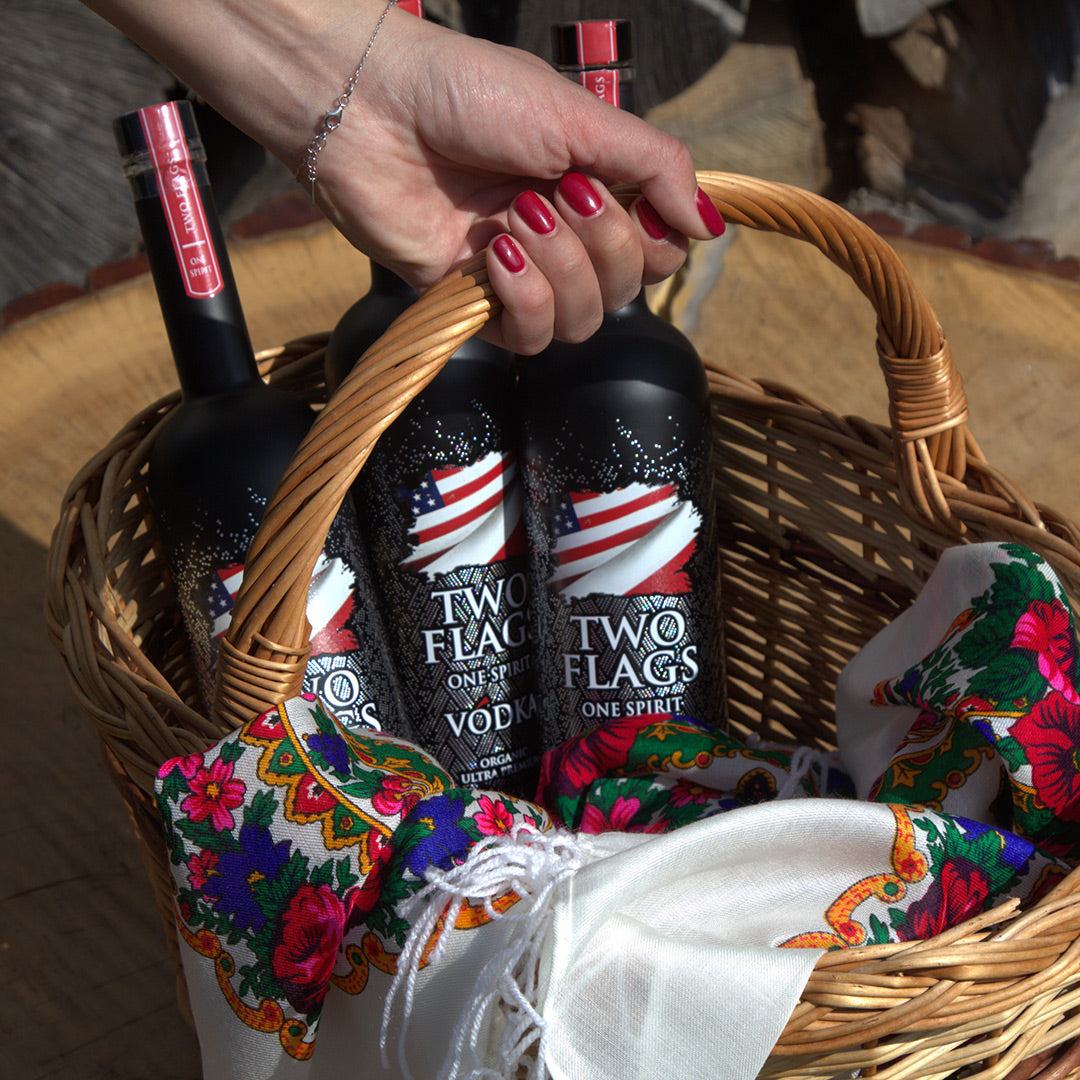
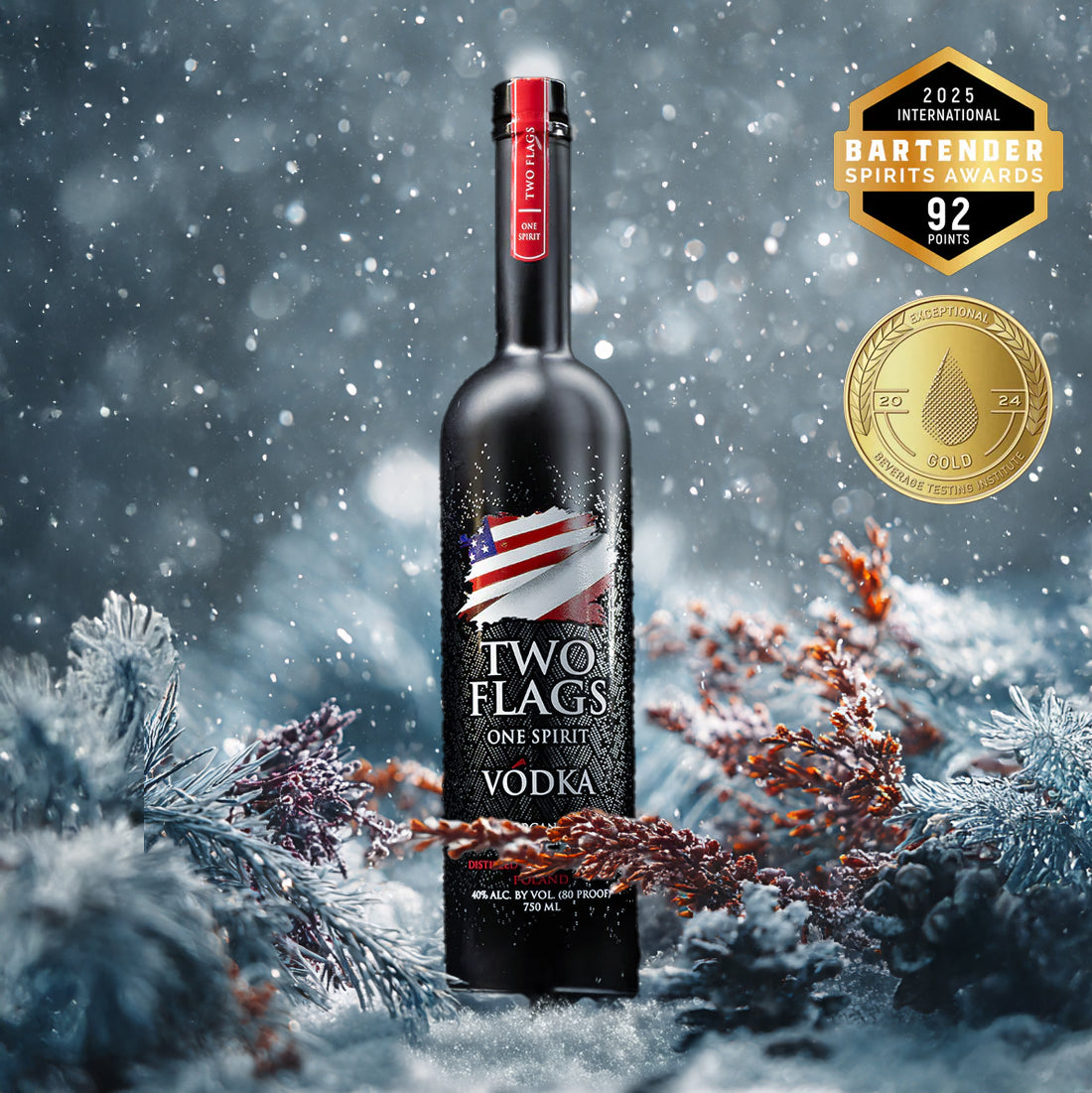

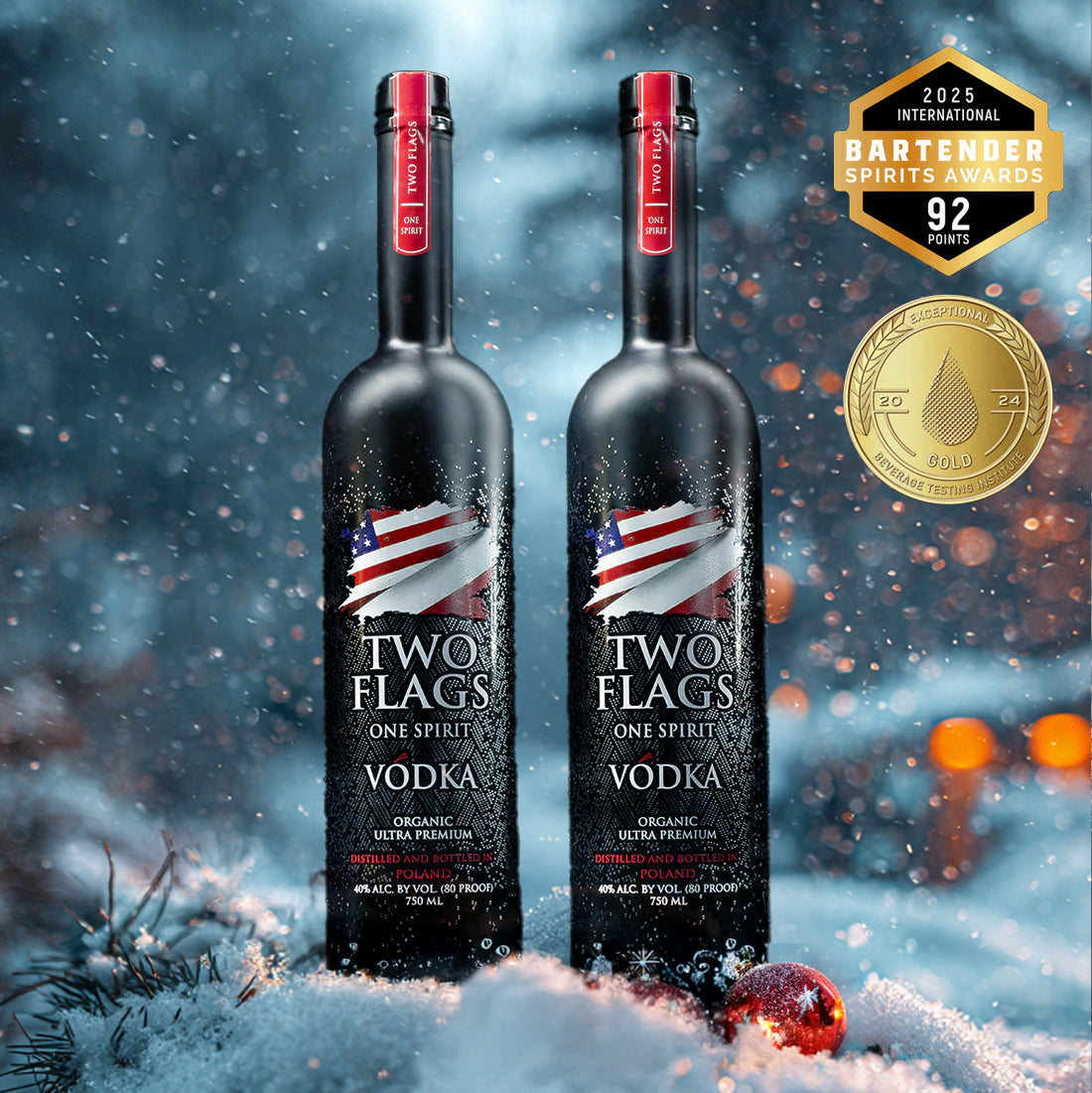

Leave a comment
This site is protected by hCaptcha and the hCaptcha Privacy Policy and Terms of Service apply.